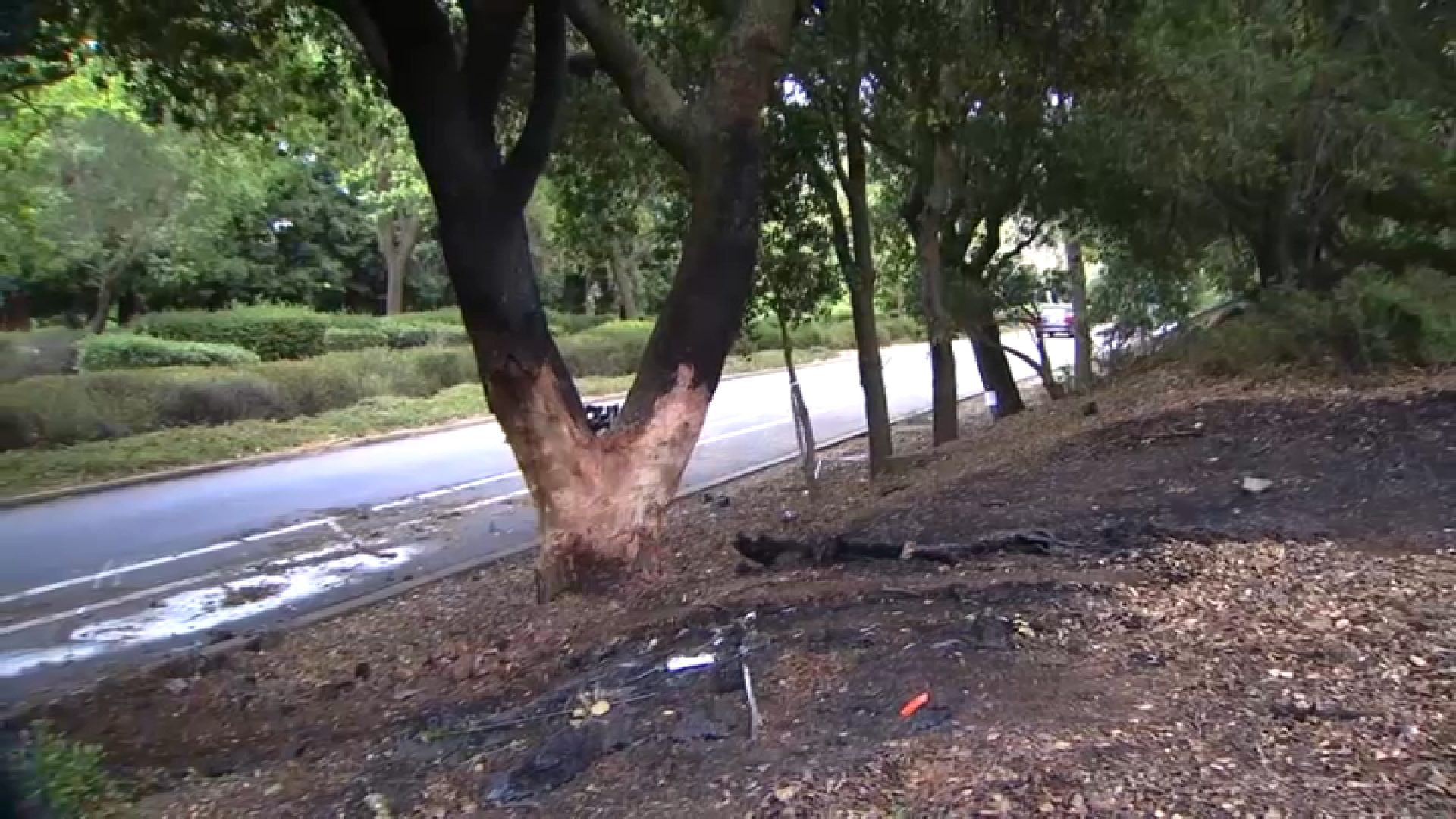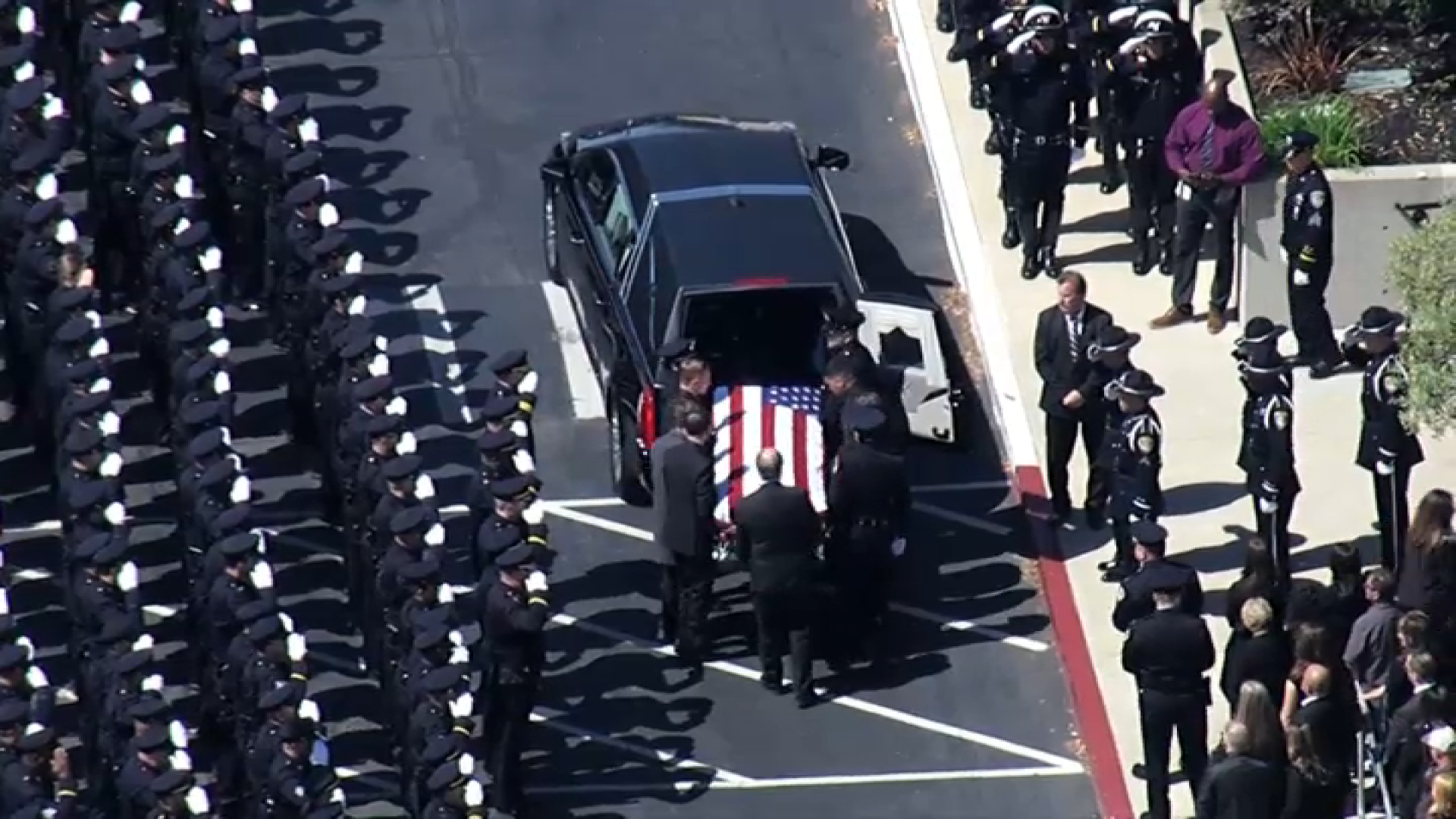Lawyers for the U.S. Justice Department urged a federal judge in San Francisco today to dismiss a lawsuit accusing the government of illegally conducting "dragnet surveillance" of Americans' telephone and e-mail communications.
Justice Department attorney Anthony Coppolino argued that allowing the lawsuit filed by five California citizens in 2008 to proceed would endanger national security.
"We think these issues cannot be litigated without risking exceptionally significant harm to national security," Coppolino told U.S. District Judge Jeffrey White. Coppolino asked White to throw the case out of court on grounds of the state secrets doctrine, which permits the government to refuse to disclose evidence that would endanger national security.
Richard Wiebe, representing the plaintiffs, argued that the state secrets doctrine was "displaced" for purposes of the case by the Foreign Intelligence Surveillance Act and said the lawsuit should proceed under the provisions of that law. "It is the proper forum that Congress created," said Wiebe, who contended that White could craft orders to protect confidential evidence during a future trial.
He urged the judge to "balance national security with the rule of law." White took the case under consideration after a three-hour hearing and will issue a written ruling at a later date. The lawsuit is one of a series of cases that alleged that telecommunications companies and the National Security Agency collaborated to eavesdrop on Americans' communications without a warrant after the terrorist attacks on the nation in 2001.
Several dozen cases filed in various courts around the nation beginning in 2006 were transferred to the U.S. District Court in San Francisco for purposes of judicial efficiency. About three-dozen cases filed against telecommunications companies such as AT&T Corp. and Verizon Communications Inc. were dismissed in 2009, however, after Congress passed a law in 2008 giving such companies retroactive immunity from being sued.
The current lawsuit, led by plaintiff Carolyn Jewel of Petaluma, was filed shortly after that law was passed and took a different approach by suing the government rather than the companies.
Local
The defendants included the National Security Agency, the Justice Department, then-President George Bush and other officials.
After taking office in 2009, the Obama Administration continued defending against the lawsuit and seeking its dismissal.
At today's hearing, the federal attorneys also asked White to dismiss a similar lawsuit filed against the government in federal court in New York in 2006 by four women from Brooklyn, led by Virginia Shubert.
The case was later transferred to San Francisco. Both lawsuits seek to be certified as class actions on behalf of customers of telephone and Internet companies. The Jewel lawsuit accuses the government of ongoing interception and collection of e-mail and telephone call records for use in so-called data mining.
It is based partly on evidence in which a former AT&T technician, Mark Klein, alleged that in 2003, the company began routing copies of Internet traffic at its Folsom Street facility in San Francisco to a locked room controlled by the National Security Agency.
Coppolino told White today, "We are not in a position to confirm or deny any of the activities that they allege to have happened" at the facility, but maintained, "They don't actually know" what happened.
He said that allowing a trial, even with orders in place to protect secret information, "would be completely unprecedented in the history of the federal judiciary from the beginning of the Republic." Weibe argued in response that the more unusual phenomenon is the alleged warrantless spying.
"We think this mass dragnet surveillance the government is conducting is simply unprecedented in history," he said.



